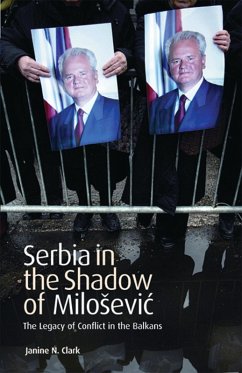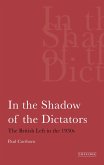Since the regime of Slobodan Milosevic was spectacularly overthrown on 5 October 2000, little has been written about subsequent political developments in Serbia. The perception of Milosevic as a criminal leader who plunged the former Yugoslavia into bloodshed and used violence to achieve his aims is not widely disputed among Western observers. However, to what extent is this view of Milosevic shared by people in Serbia? Here Janine Clark offers insights into and an understanding of this troubled country. She argues that many Serbs do not regard Milosevic as a criminal leader but rather as a 'bad' leader whose greatest crimes were against his own people. This has important implications for how Serbia deals with its past and for reconciliation and peace-building in the former Yugoslavia.









